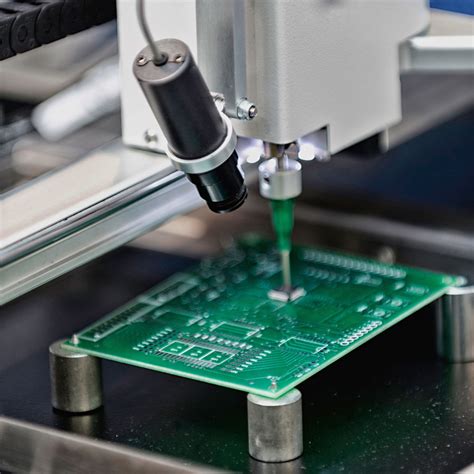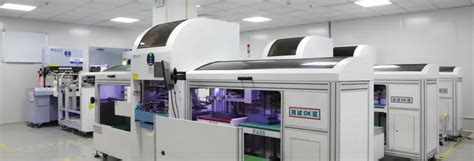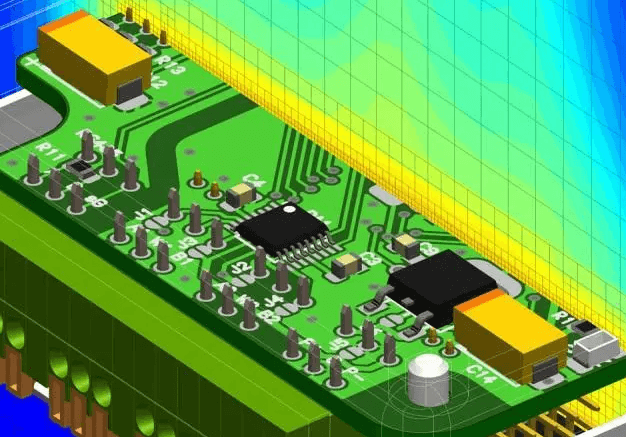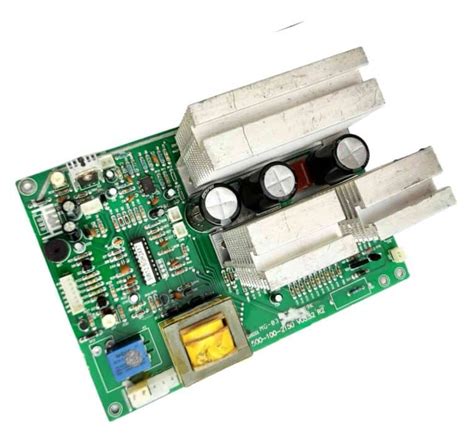Leading High Tech PCB Manufacturer for Advanced Electronics Solutions
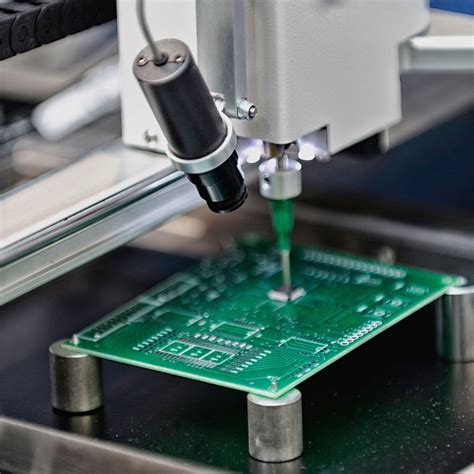
Key Takeaways
In the dynamic field of pcb manufacturing, understanding the intricacies of next-generation technologies is essential. As you dive into the evolution of pcb manufacturing companies, it’s clear that innovations like high-density interconnects are revolutionizing how circuits are designed and utilized. These interconnects allow for increased functionality in a smaller footprint, catering to the demands of modern electronics.
Moreover, you should consider the advantages of heavy copper PCBs in specialized applications. These boards can support higher current loads and deliver improved thermal management, making them indispensable for high-performance electronics.
When evaluating different pcb manufacturing businesses, it’s important to keep in mind the variety of needs across industries. Specialized circuit boards are adapting to meet diverse technological challenges, ensuring that your solutions are both efficient and cutting-edge.
To provide a clearer picture, here is a table that summarizes key aspects to consider when selecting a pcb manufacturing partner:
| Aspect | Importance |
|---|---|
| Technological Expertise | Crucial for advanced applications |
| Production Capacity | Affects lead times |
| Customization Options | Essential for specialized needs |
| Quality Assurance Processes | Critical for reliability |
“Investing in the right PCB technology can significantly reduce your overall manufacturing costs while enhancing product performance.”
By staying informed about these trends, you can better navigate your choices in the pcb manufacturing cost landscape, ultimately leading to more informed decisions for your projects.
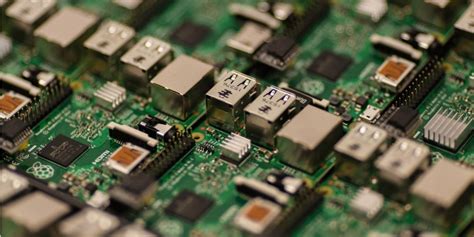
The Evolution of High Tech PCB Manufacturing
The landscape of pcb manufacturing has undergone a significant transformation in recent years, a trend fueled by rapid advancements in technology and the increasing complexities of electronic devices. As a result, pcb manufacturing companies now find themselves facing new challenges and opportunities in the pursuit of innovation. One notable evolution is the rise of high-density interconnects (HDI), which allow for greater connectivity within smaller spaces, thereby meeting the demand for miniaturized gadgets. This shift not only optimizes space but also enhances performance and longevity, making it crucial for you to stay informed on such advancements when considering your project.
Another vital aspect to consider is the influence of heavy copper PCBs. As electronic applications become more power-intensive, these specialized boards have gained popularity due to their ability to handle increased current loads while maintaining reliability. In understanding the broader scope of pcb manufacturing, it’s essential to recognize that specialized circuit boards are crafted to cater to diverse technological needs—each with its unique requirements and specifications. As your projects evolve, you’ll want to evaluate not only the inherent pcb manufacturing cost but also how these innovations can provide added value.
In summary, this evolution signifies a shift towards more complex designs that require skilled expertise and cutting-edge technology. Engaging with a reputable pcb manufacturing business will ensure you benefit from these developments while achieving optimal performance and quality in your electronic solutions. Keeping abreast of these changes will empower you to make informed decisions that align best with your innovative aspirations.
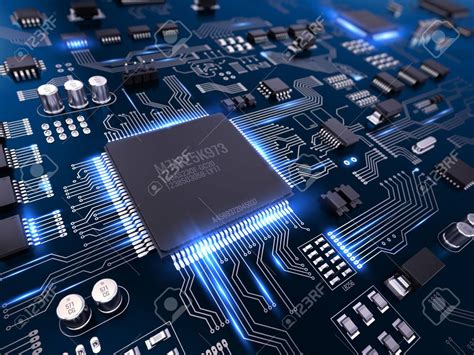
Understanding High-Density Interconnects in Modern Electronics
High-density interconnects (HDIs) play a crucial role in the realm of PCB manufacturing, addressing the evolving demands of modern electronics. These intricate designs feature tightly packed circuit traces, allowing for more connections in a smaller space, which is essential for advanced applications such as smartphones, tablets, and other compact devices. By utilizing HDIs, PCB manufacturing companies can optimize board space and enhance performance, making them an essential choice for any pcb manufacturing business focusing on innovation. The ability to support high-speed data transfer while maintaining signal integrity demonstrates the effectiveness of HDIs in meeting cutting-edge technological standards. Moreover, as you delve into pcb manufacturing costs, it’s important to consider that investing in HDI technology can lead to greater efficiencies and cost savings in the long run, ultimately contributing to a more competitive edge in the marketplace. By embracing these advancements, you position yourself at the forefront of technological progress and ensure that your products align with consumer expectations for enhanced functionality and performance.
The Role of Heavy Copper PCBs in Advanced Applications
Heavy copper PCBs play a crucial role in the landscape of advanced electronics applications. These specialized circuit boards are engineered to handle high current loads and provide superior thermal dissipation, making them essential for industries such as automotive, telecommunications, and renewable energy. When evaluating pcb manufacturing companies, it’s vital to consider their expertise in fabricating heavy copper PCBs that meet stringent performance requirements. The pcb manufacturing cost associated with these high-performance boards can vary significantly, depending on the complexity of the design and the thickness of the copper layers used. However, investing in heavy copper PCBs can lead to increased reliability and efficiency in your projects, ultimately benefiting your overall pcb manufacturing business. By understanding the unique benefits these boards offer, you can make informed decisions that align with your technological needs while optimizing the performance capabilities of your electronic devices.
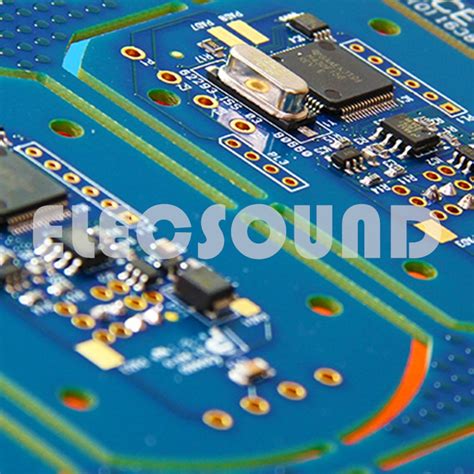
Specialization in Circuit Boards: Meeting Diverse Technological Needs
In the realm of PCB manufacturing, specialization is key to adapting to the myriad of technological demands present in today’s fast-paced industry. As you delve into the world of pcb manufacturing companies, you’ll discover that each firm often focuses on particular aspects or niches, driven by advancements in electronics and customer specifications. This specialization allows them to create tailored solutions suitable for various applications, ranging from consumer electronics to complex aerospace systems. For instance, specialized circuit boards that incorporate high-density interconnects enable impressive data throughput while maintaining a compact design. Additionally, the integration of heavy copper technology ensures that these boards can manage higher current loads without compromising performance. Understanding your project’s unique requirements enables you to choose a manufacturer that not only meets but exceeds your expectations when it comes to pcb manufacturing cost and quality. With specialized capabilities at their disposal, these manufacturers thrive in addressing the evolving needs of industries reliant on cutting-edge technology, solidifying their position in the competitive pcb manufacturing business landscape.
Innovations Driving the Future of PCB Manufacturing
In today’s rapidly evolving technological landscape, pcb manufacturing is at the forefront of innovation, driving advancements in various industries. You can witness significant progress in high-density interconnects (HDI) that allow for more compact and efficient designs, ensuring your devices can handle increasing data demands without sacrificing performance. Moreover, the integration of heavy copper technology is proving vital for applications requiring enhanced thermal conductivity and robust electrical performance; this is essential for supporting power-intensive devices you encounter daily. As you navigate through the competitive landscape filled with numerous pcb manufacturing companies, it’s critical to understand that specialization in circuit board production is paramount. Tailored solutions can meet your diverse technological needs while minimizing the pcb manufacturing cost associated with traditional approaches. By partnering with a forward-thinking pcb manufacturing business, you not only invest in high-quality products but also gear up for a future where innovation and efficiency converge seamlessly. With these advancements, you’re better positioned to face emerging challenges and leverage new opportunities within your projects.
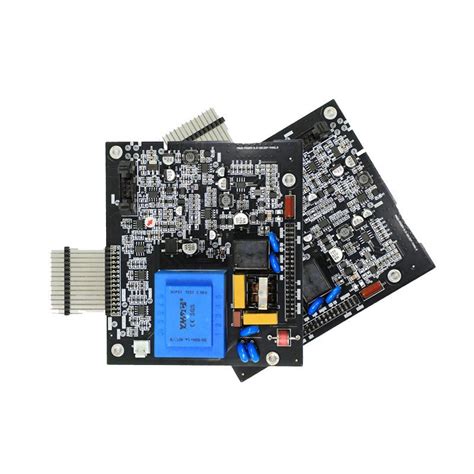
Quality Control and Assurance in High Tech PCB Production
When it comes to pcb manufacturing, quality control and assurance are paramount in ensuring that the final product meets both industry standards and customer expectations. You should understand that the best pcb manufacturing companies employ rigorous testing protocols at every stage of production. This comprehensive approach includes materials inspection, process validation, and final product testing, which helps to identify any potential issues before the circuit boards reach the hands of clients.
In today’s competitive market, pcb manufacturing costs can often be a decisive factor in selecting a manufacturer for your projects. However, opting for a cheaper supplier can lead to compromises in quality that may affect performance and reliability. The top-tier pcb manufacturing business not only focuses on cost-effectiveness but also invests significantly in automation technologies and advanced processes that enhance precision while minimizing defects.
By implementing strict quality measures, these manufacturers provide peace of mind to their clients, knowing that their high-tech products are built on solid foundations. Consequently, you will find that reliable high tech PCB manufacturers deliver not only high-quality products but also foster long-term partnerships based on trust and transparency.
Key Trends in the PCB Industry: What to Watch For
Staying ahead in the pcb manufacturing industry involves understanding the latest trends that shape the market. As technology progresses, it’s essential for you to consider high-density interconnects (HDI), which allow for more compact designs while maintaining higher performance standards. This trend not only enhances the efficiency of circuits but also reduces material costs, making it a significant factor in pcb manufacturing cost calculations. Additionally, you’ll want to keep an eye on advancements in materials and processes utilized by leading pcb manufacturing companies. For instance, the integration of flexible PCBs is gaining traction, particularly in consumer electronics and medical applications, promising innovative solutions that cater to the ever-evolving demands of modern devices.
Moreover, the use of heavy copper PCBs stands out as a vital trend, particularly in applications that require effective heat dissipation and increased current capacity. You should also remain vigilant about sustainability within the pcb manufacturing business, as many companies are now adopting eco-friendly practices to meet regulatory standards and consumer preferences. As these trends continue to emerge and evolve, aligning your projects with these advancements can lead you toward successful outcomes while keeping costs manageable and quality high. By understanding these focal points, you will be better equipped to navigate the complexities of today’s PCB landscape.
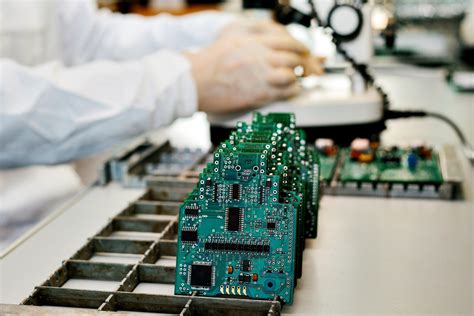
Choosing the Right PCB Manufacturer for Your Project
When embarking on a project that requires high-tech printed circuit boards (PCBs), selecting the right PCB manufacturer is crucial to ensuring success. With numerous PCB manufacturing companies available, you must evaluate their expertise in various aspects of PCB manufacturing to find the best fit for your needs. Consider the pcb manufacturing cost – while affordability is important, it should not come at the expense of quality and reliability. Look for manufacturers that prioritize innovation and possess advanced capabilities in producing high-density interconnects and specialized circuit boards. It’s also beneficial to review their track record in delivering projects similar to yours. Establishing a partnership with a reputable manufacturer can significantly impact your project’s performance, durability, and overall success in an increasingly demanding technological landscape. By making informed decisions, you can align with a pcb manufacturing business that meets your specific requirements and helps propel your project forward.
Conclusion
In the fast-paced world of pcb manufacturing, staying ahead means constantly evolving with technological advancements. PCB manufacturing companies today are not just focused on traditional methods; they are redefining standards with innovations in design and materials. If you are considering the pcb manufacturing cost, it’s crucial to understand that investing in high-quality solutions, such as those offered by leading manufacturers specializing in high-density interconnects and heavy copper PCBs, can significantly impact your project’s success. As you navigate this landscape, remember that the choice of a pcb manufacturing business should align with your specific needs, ensuring that they can provide specialized circuit boards tailored for modern technological demands. This emphasis on specialization will drive efficiency and effectiveness, ultimately leading you towards achieving optimal results in your electronic solutions. Being well-informed about these developments will empower you to make choices that not only meet current demands but also position you favorably for future innovations in the field.
FAQs
What is PCB manufacturing?
PCB manufacturing refers to the process of creating printed circuit boards, which are essential components in various electronic devices. This involves designing, fabricating, and assembling electronic circuits onto a substrate.
How do I choose the right PCB manufacturing company?
When selecting PCB manufacturing companies, consider factors such as their expertise in specific technologies, production capabilities, quality control processes, and customer reviews. It’s also important to assess their ability to meet your project requirements and timelines.
What factors influence PCB manufacturing costs?
Various aspects can affect pcb manufacturing cost, including the complexity of the circuit design, material specifications (like heavy copper or high-density interconnects), production volume, and customization needs. Getting a detailed quote can help clarify these costs.
What types of specialized circuit boards are available?
There is a wide range of specialized circuit boards available, such as those designed for high-frequency applications or those that require heavy copper for power distribution. These variations cater to diverse technological needs.
How does technology impact the PCB manufacturing business?
Emerging technologies significantly influence the pcb manufacturing business, driving innovations that enhance production efficiency and performance. Keep an eye on trends like automation and advanced materials that reshape industry practices.
For a deeper dive into pcb manufacturing, please click here: Explore Advanced PCB Manufacturing Solutions

